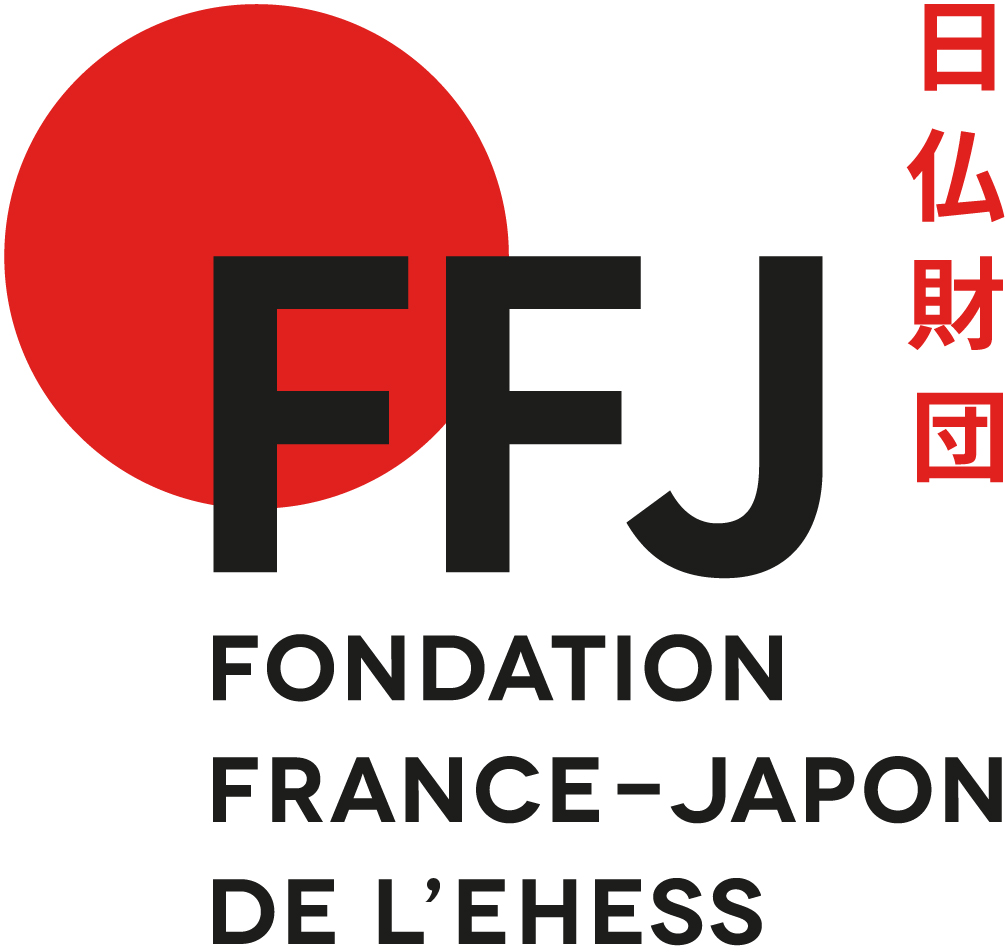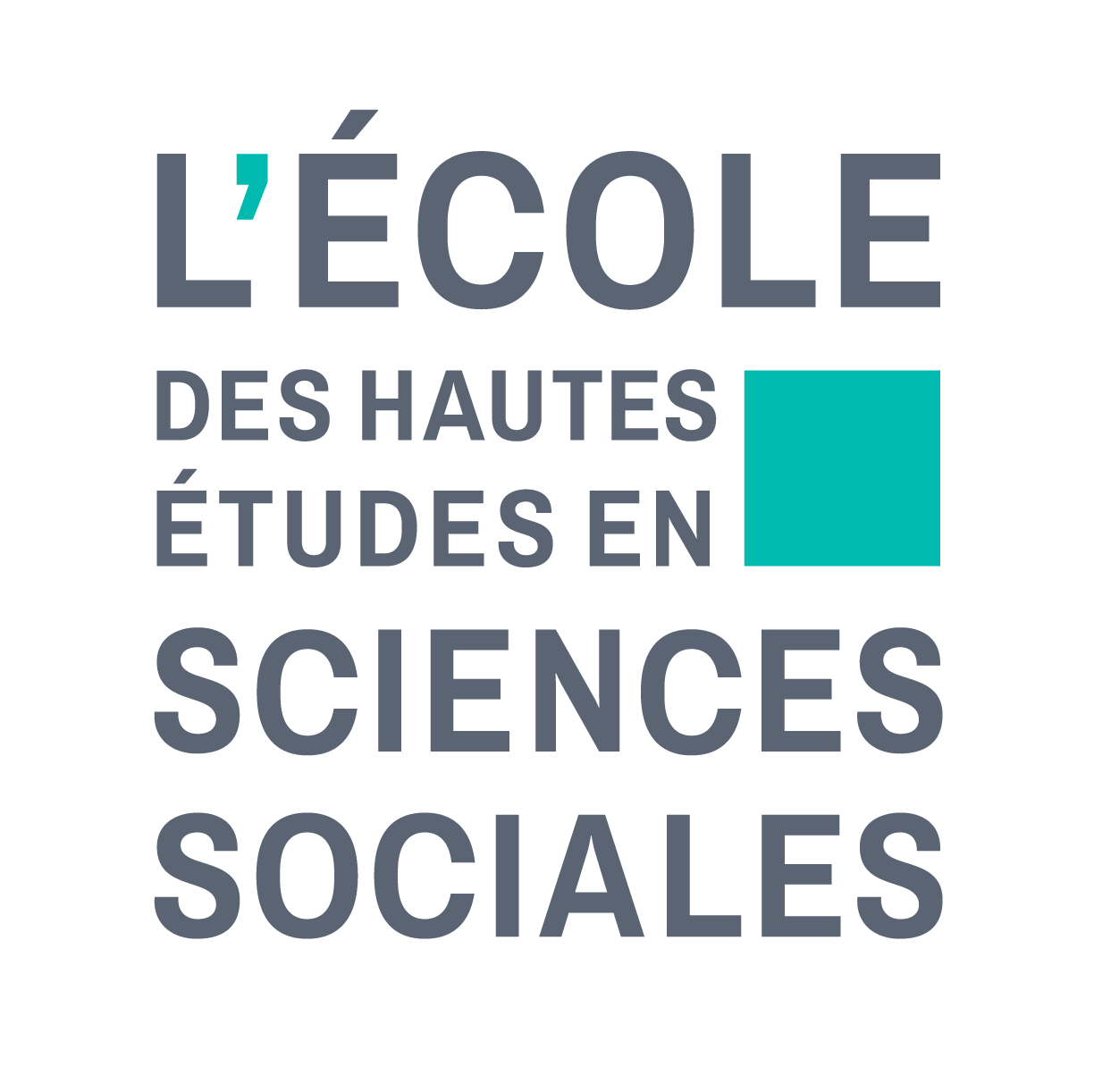Transportation policies and urban governance challenged by advanced technologies: a comparative study of European and Asian metropolitan region
Lab TPUG (2022-2026)
 |
Lab presentation
The Lab TPUG aims at exploring the potentials and challenges of transportation policies in different types of metropolitan regions in the near future, when some new advanced transportation modes and technologies, particularly autonomous vehicles (AVs) are introduced.
Differences of metropolitan regions are large, and have become larger in recent years. When it comes to the introduction of new advanced transportation modes and technologies, present common transportation networks and modes in each have critical impact on them. Car-oriented metropolitan regions are assumed to introduce more private automated vehicles, especially if road networks are well constructed, while those with fulfilling public transportation network are likely to introduce other modes and technologies more, like shared vehicles.
Another important characteristic which should be taken into account is the growth and decline of each metropolitan region. Most of metropolitan regions in developed countries are already aged and ready to decrease their population while those in developing countries still grow in rapid pace. Such demographic changes will have tremendous impacts on transportation modes and governance, since transportation infrastructures and service have grown in accordance with mobility demand generated by population increase and urbanization.
In the transition to the new era of emerging transportation technologies, the advent of AVs is predicted to change urban life paradigm significantly like how car revolution of the last century has transformed city and regional development. AVs have potential to radically optimize transport supply by increasing transportation capacities and reducing travel time. The adoption of AVs in public transportation system are said to stimulate more compact urban development and fill service gaps in suburban areas. On the other hand, AVs can reinforce car dependency and increase urban sprawl because individuals may accept to commute farther distances due to the comfort of trips. The benefits that AVs offer depend on city conditions, and on how the dilemma between slow institutional change (to regulate and provide infrastructures) and rapid technological change is handled. AVs are currently experimented with in numerous settings, yet the tests they are part of have conflicting objectives and support various expectations. Therefore, whether AVs will be a transportation panacea, or a burden for cities is not self-evident.
In this context, the Lab TPUG explores the challenges that emerging transportation modes face in various cities. Using a combination of quantitative and qualitative methods, it will compare urban policy choices in various cities, and explore the different influence of characteristics on the introduction of new advanced transportation modes and technologies, especially focusing on transportation network and demographic change.
The project’s case studies are Osaka (Japan), Seoul (South Korea), Paris (France), Bangkok (Thailand) and Ho Chi Min (Vietnam). The first two metropolitan regions already experience aging (Osaka’s population has started to decrease at the metropolitan scale). They have also different characteristics regarding road networks and transportation governance, which enables to assess the impact of population decline from various aspects. Bangkok and Ho Chi Min have experienced rapid growth until the last decade but with contrasting characteristics. The Paris metropolitan area is gradually growing and has been a site for AV tests.
The Lab will produce studies of these five cities, which will analyze the initiatives taken for developing autonomous mobility (e.g. public policy programs, industrial strategies, etc.) and study the potential and limits of AVs.
Research team
Coordinators- Suzanne Peyrard (EHESS, FFJ, CCJ, Phd candidate)
- Kulacha SIRIKHAN (FFJ, Associate Researcher / The University of Tokyo, Doctoral of Engineering)
- Brice LAURENT (Mines ParisTech, Centre de sociologie de l’innovation, Chargé de projet)
- Fumihiko SETA (The University of Tokyo, Department of Urban Engineering, Associate professor, doctor of engineering)
- Marc ALOCHET (École Polytechnique, Researcher)
- Alexandre FAURE (The Greater Paris Metropolis, FFJ-EHESS, Researcher)
- Hidetada HIGASHI (Yamanashi Gakuin University, Professor)
- Sébastien LECHEVALIER (EHESS, FFJ, Professor)
- Hwajin LIM (Tokyo City University, Graduate School of Environmental and Information Studies, Associate professor / The University of Tokyo, Doctoral of Engineering)
- Soichiro MINAMI (Ministry of Land, Infrastructure, Transport and Tourism, Researcher)
- Ai NISHIMURA (MLIT, Researcher)
- Haruki SAWAMURA (MLIT, Policy Research Institute, Researcher)
Research activities
Further information upcomingContact
Project manager: Céline Caliaro - celine.caliaro[a]ehess.fr*change the [a] by @
Do not hesitate to contact us if you want to be added to our mailing list to be informed of upcoming TPUG Lab activities.






